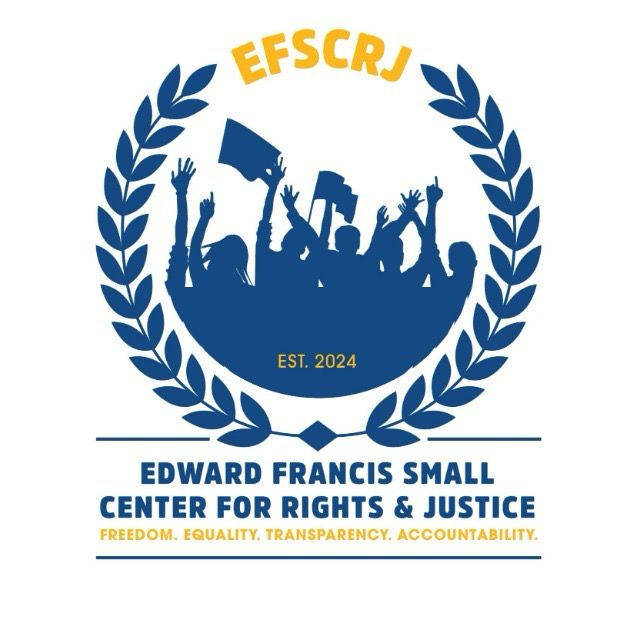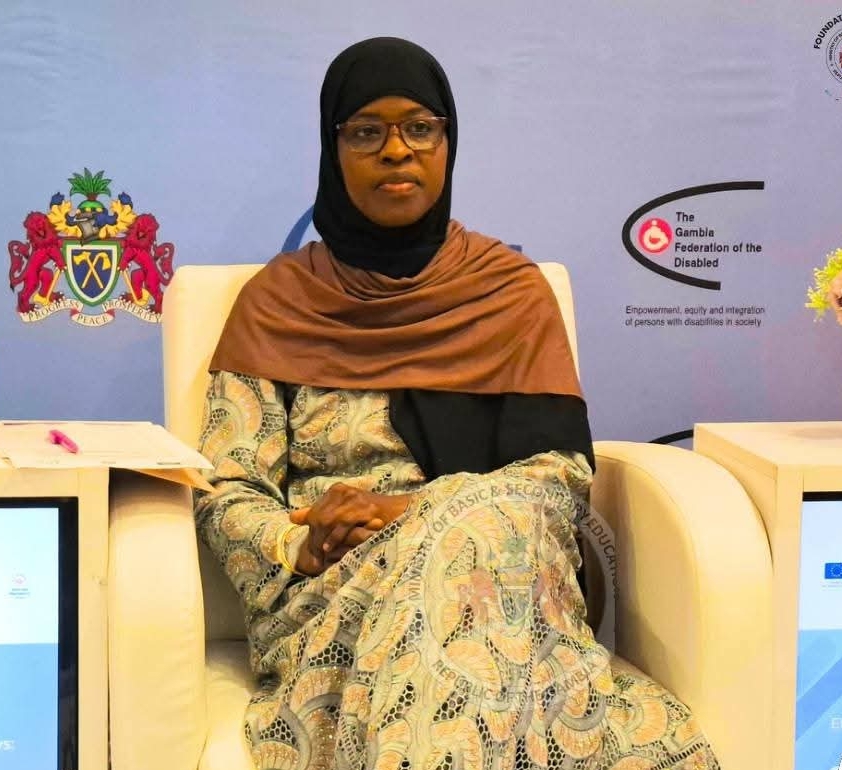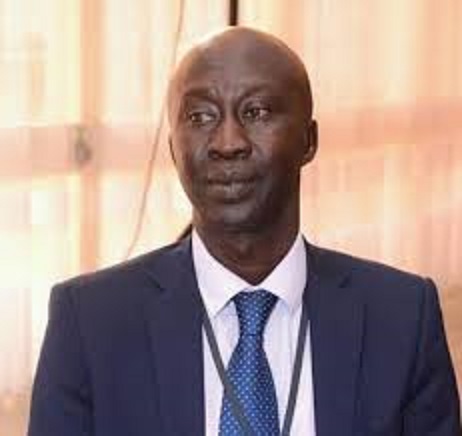The July 22, 1994, military coup that toppled The Gambia’s first democratically elected government stands as a defining moment in our nation’s history. A moment that derailed constitutional order and ushered in over two decades of authoritarian rule under Yaya Jammeh and the APRC.
The legacy of that era is marked by repression, human rights violations, corruption, and the systematic dismantling of democratic institutions.The Yaya Jammeh Dictatorship was characterized by a climate of fear, enforced disappearances, torture, unlawful killings, and a breakdown of the rule of law. The Truth, Reconciliation and Reparations Commission (TRRC) has documented the scale of these abuses, providing the nation with a painful but necessary record of the injustices endured by countless victims.
The Dictatorship also crippled institutions, politicized the security forces and the civil service, and fostered a culture of impunity.In addition to the TRRC, the Janneh Commission also documented the scale of self-enrichment at the expense of national development.
Yaya Jammeh did not only personalize public wealth including the natural resources of this country but also, he was actively and fully aided and abetted by public officials without fear or shame. Under the watchful eyes of the National Assembly and the Judiciary, which failed in their oversight and accountability roles thereby aiding Jammeh to effectively transform the state into his personal fiefdom.Yet, out of this painful legacy emerge important lessons.
1. The first is the fundamental importance of constitutional rule, democratic governance, and civilian oversight of the armed forces. 2. The second is the need to protect human rights and to ensure that no individual or institution is above the law. 3. The third is the responsibility of citizens to remain vigilant, speak out against injustice, and hold leaders accountable at all times.
As The Gambia continues its journey toward justice, reconciliation, and democratic consolidation, these lessons must guide our actions. We owe it to the victims, to future generations, and to the idea of a just and democratic society to ensure that never again will power be seized through force, and never again will a single leader be allowed to govern with unchecked authority.
The path forward demands collective commitment to truth, to justice, to reform, and to building strong, transparent institutions that serve the people. This is how we honour the past and secure the future.Never Again!2025 – The Year of Transparency and Accountability






